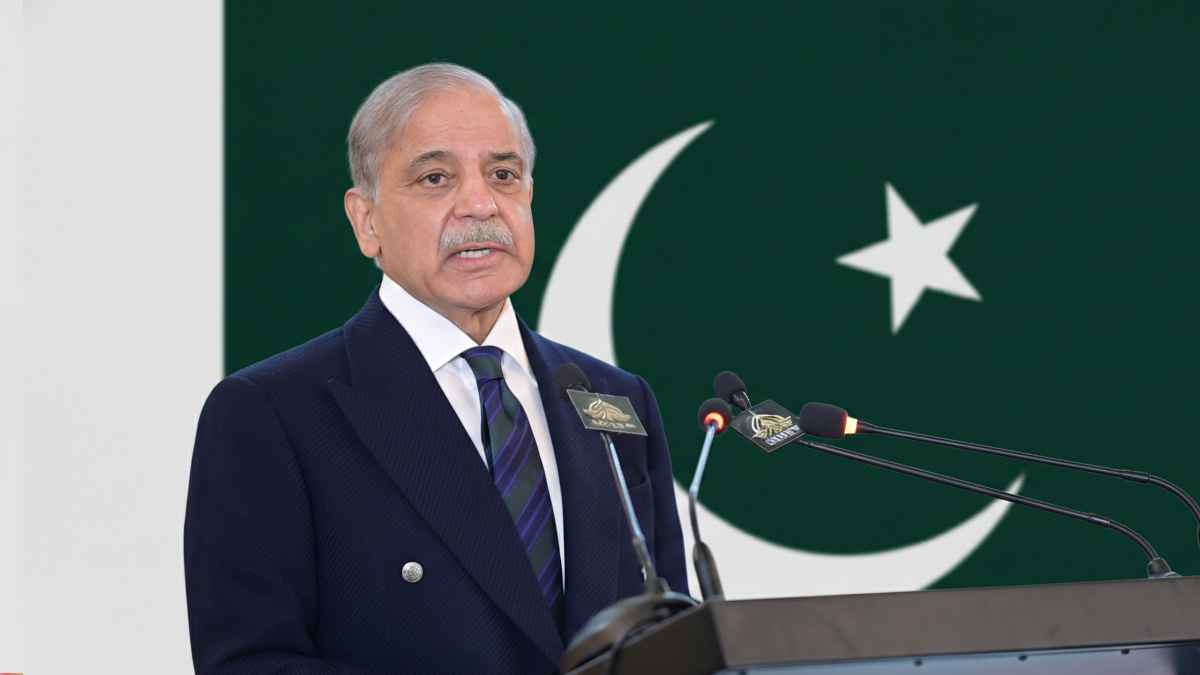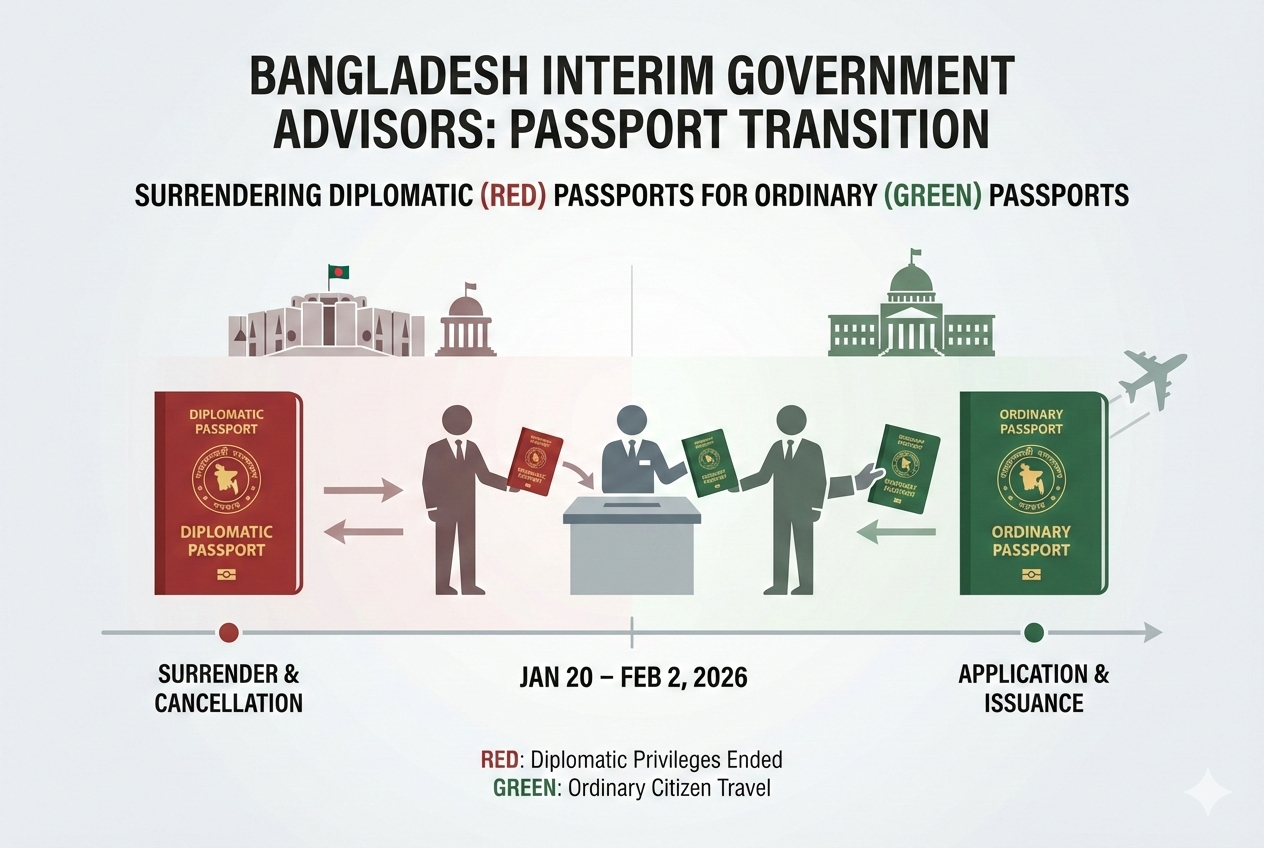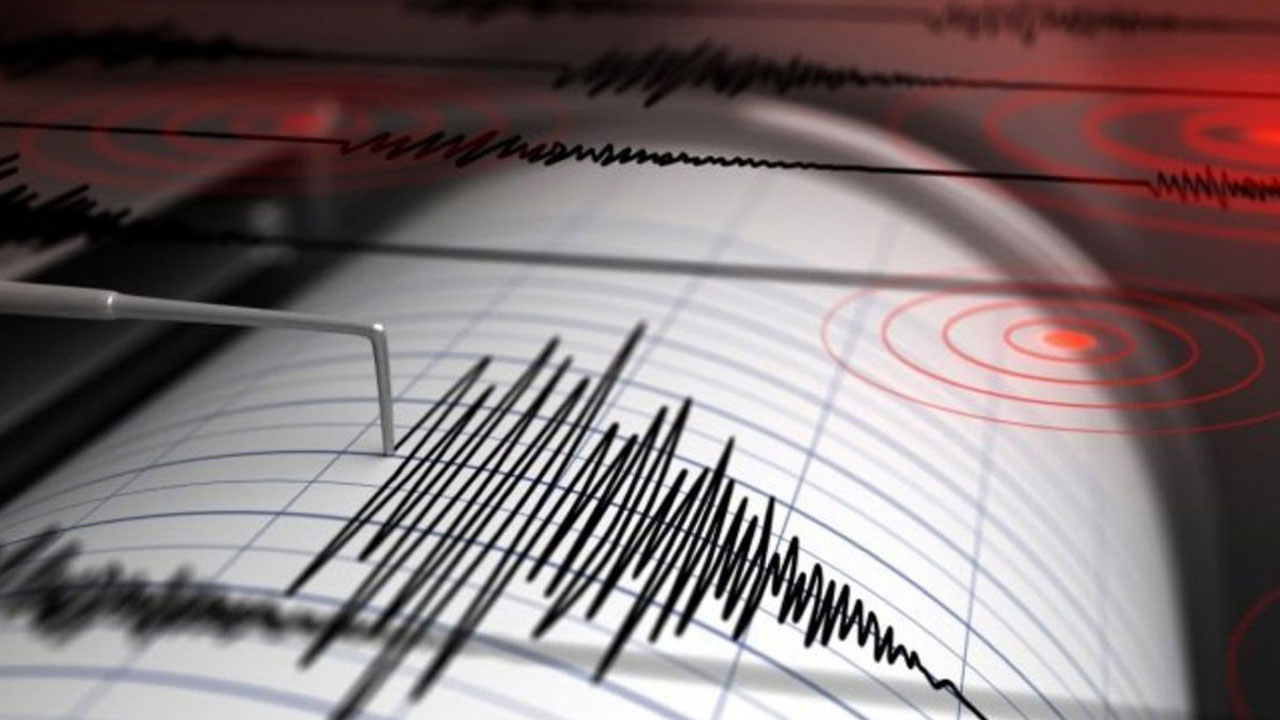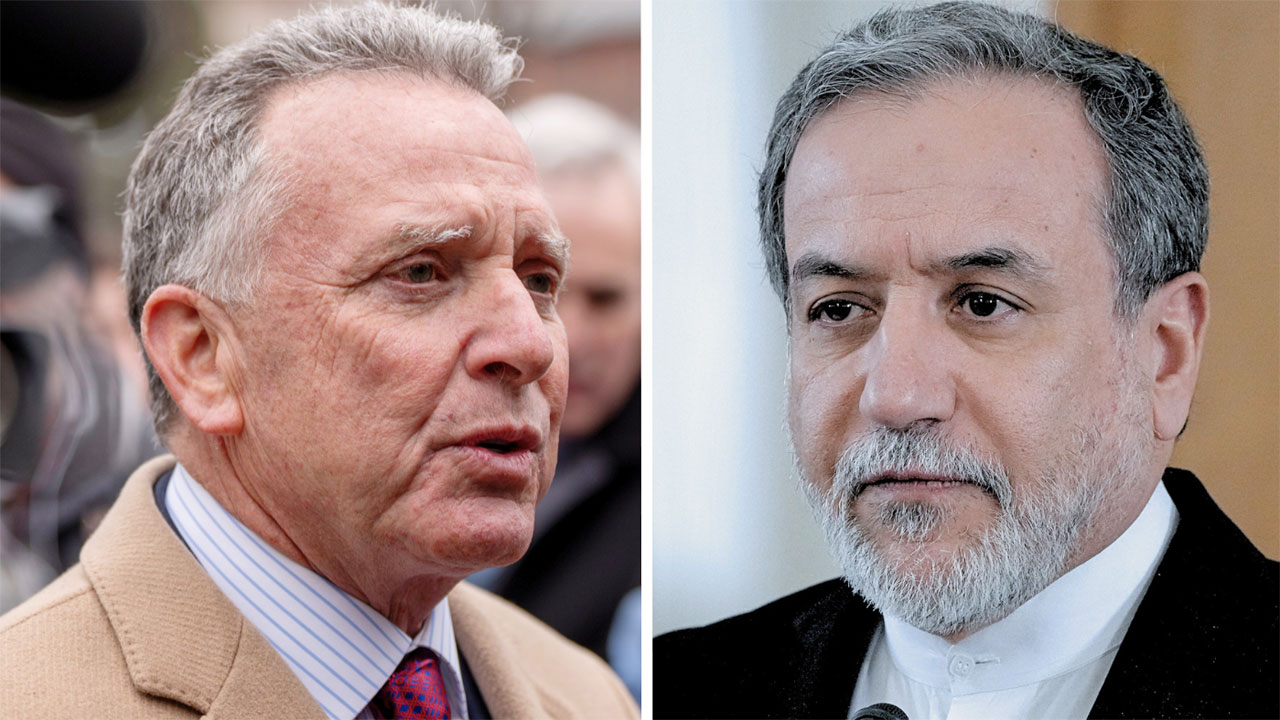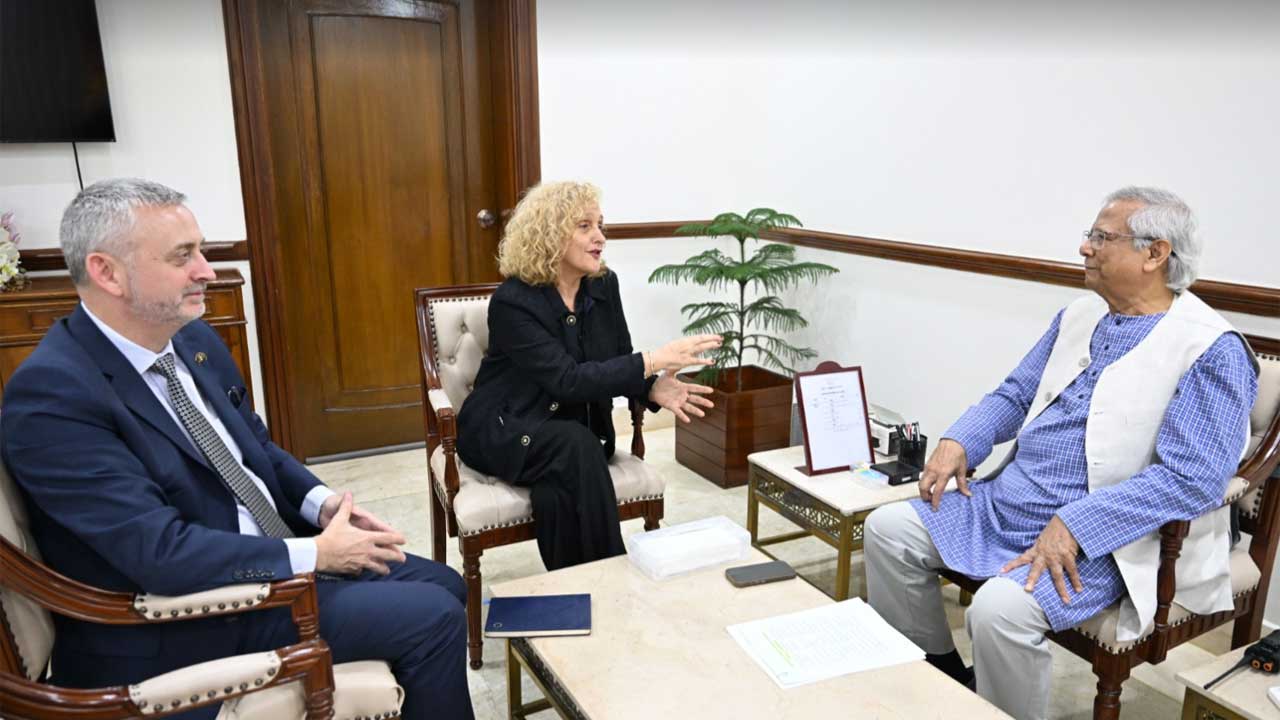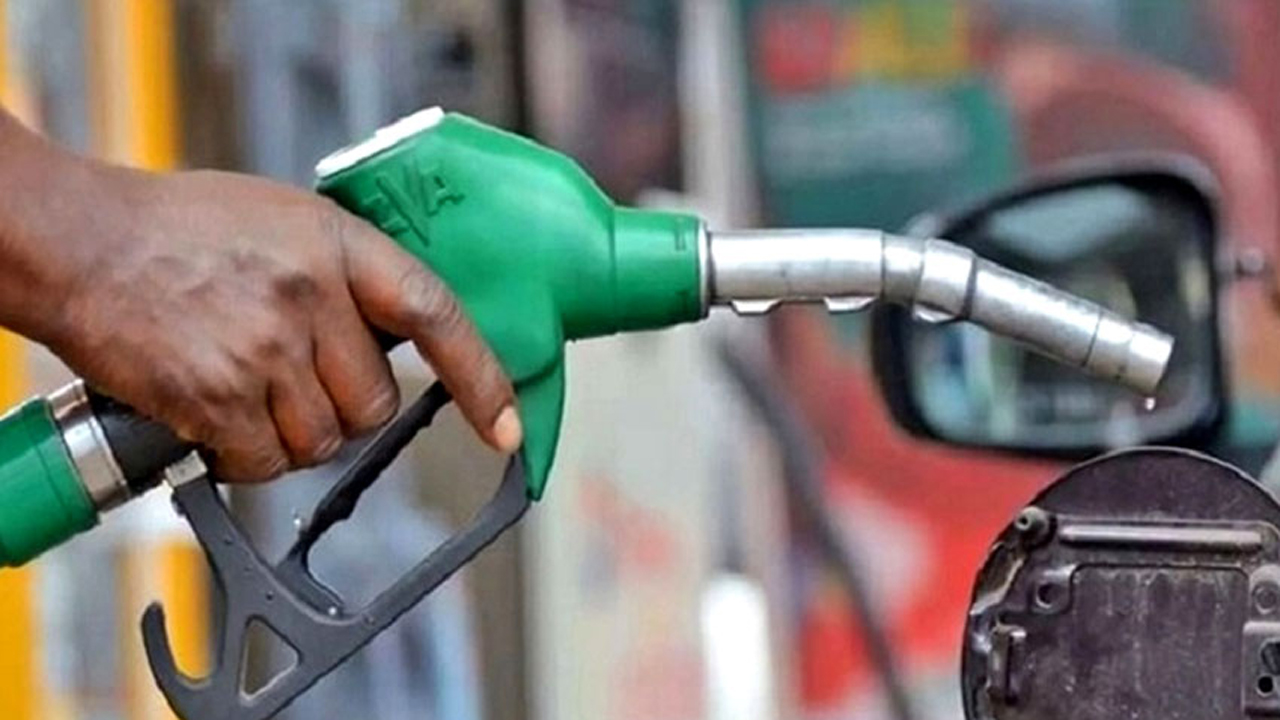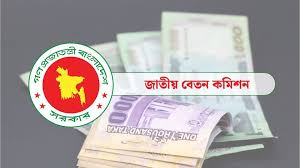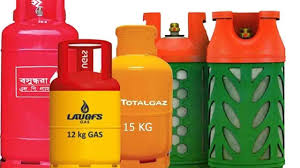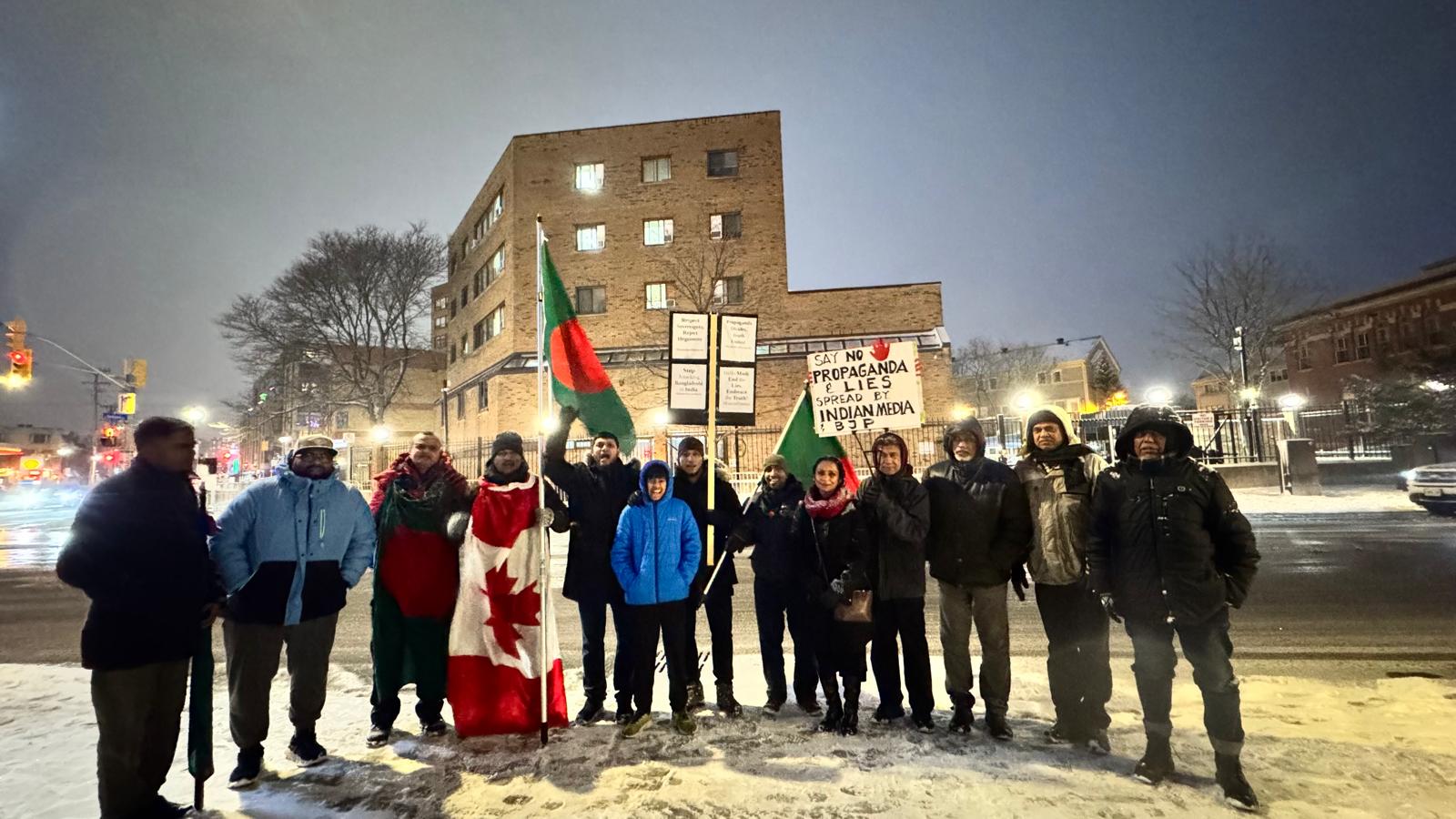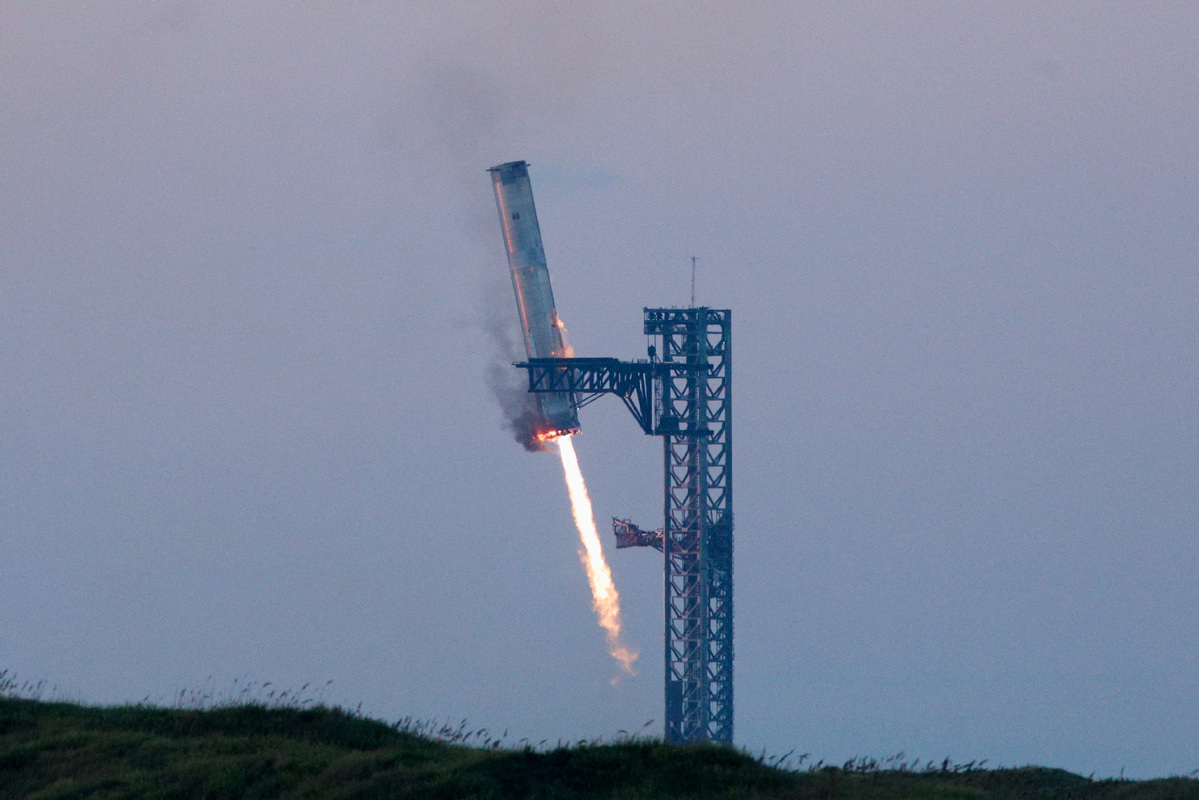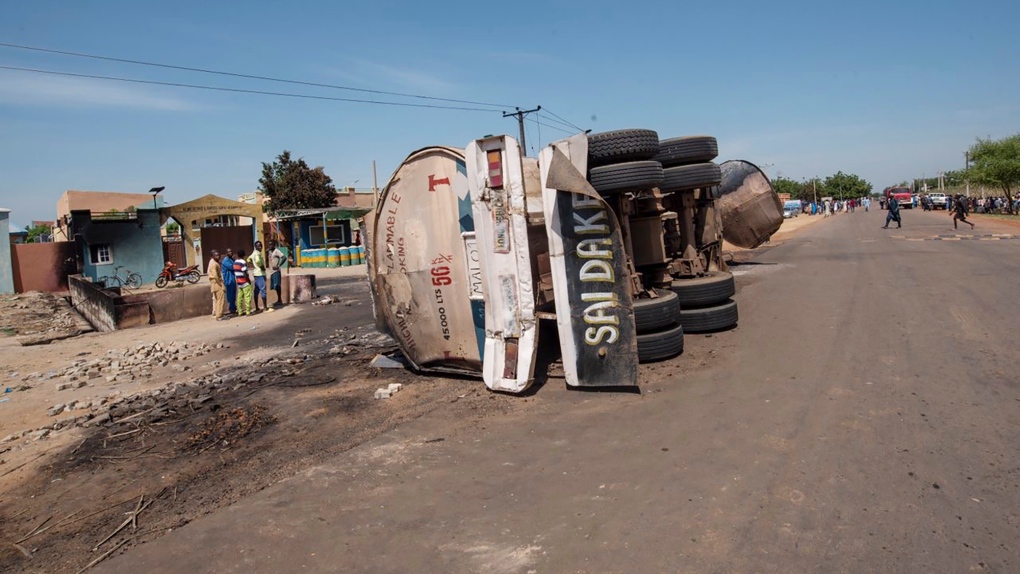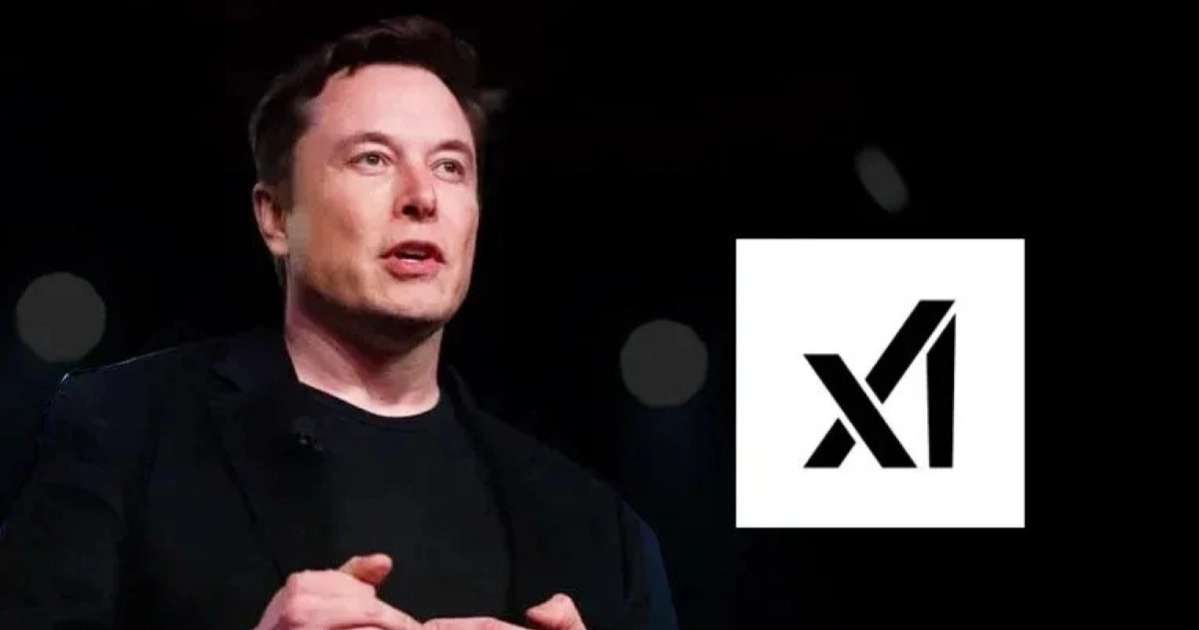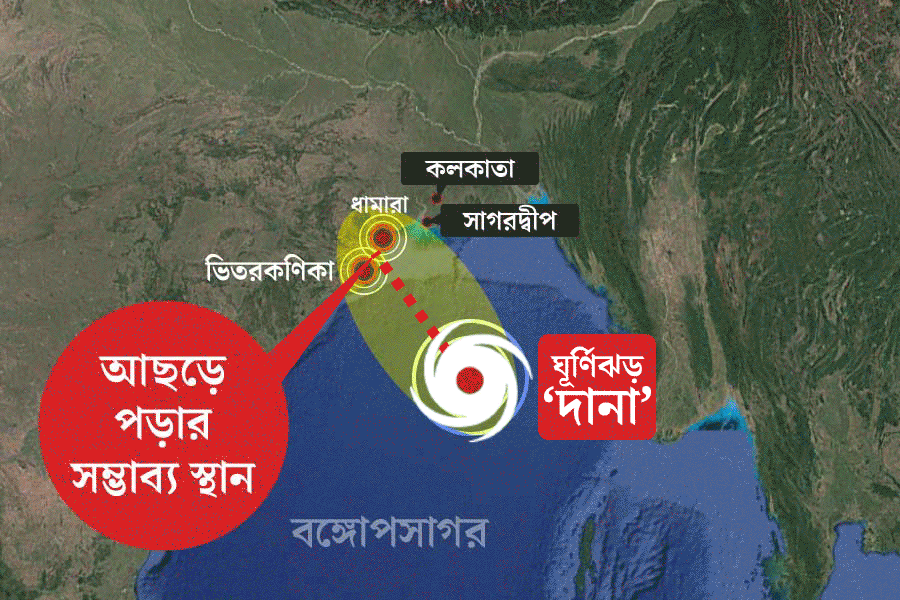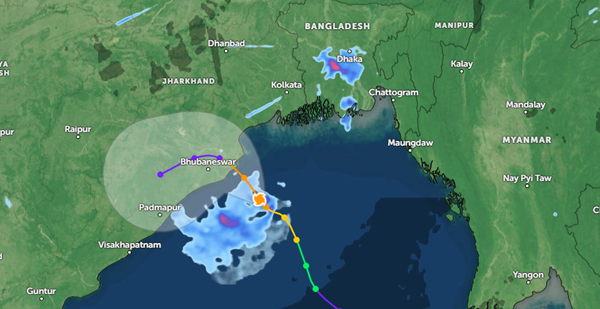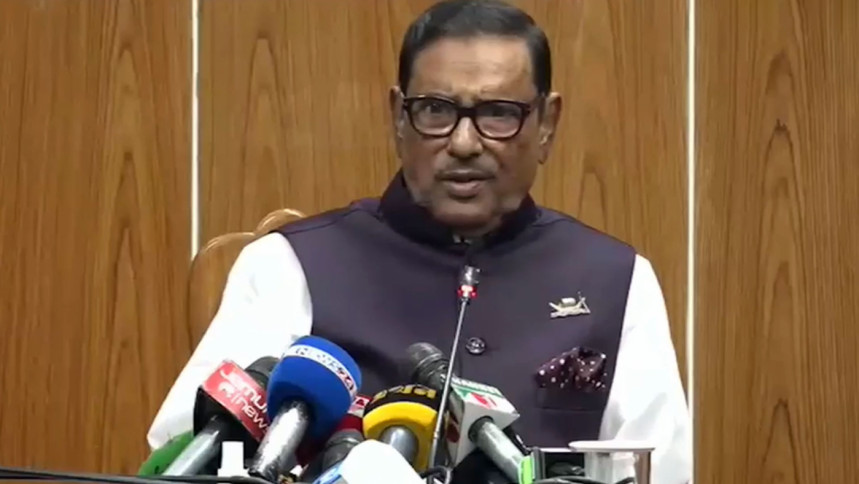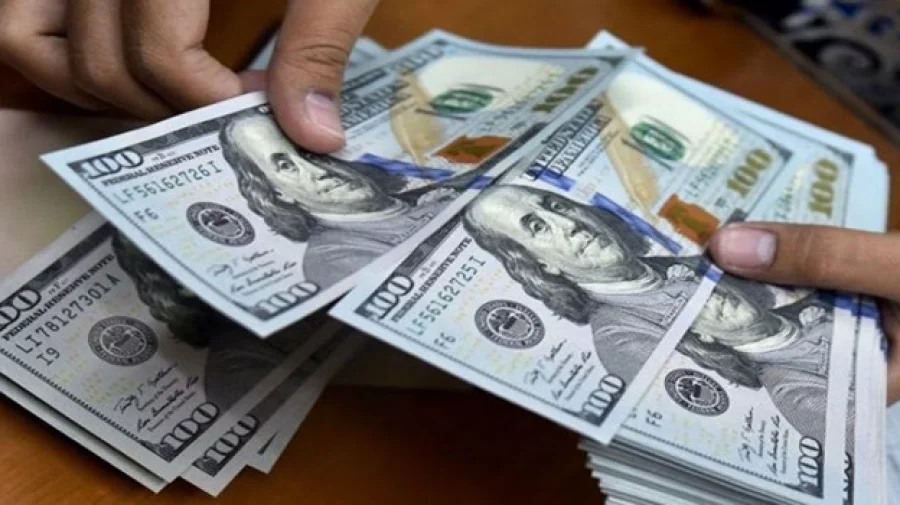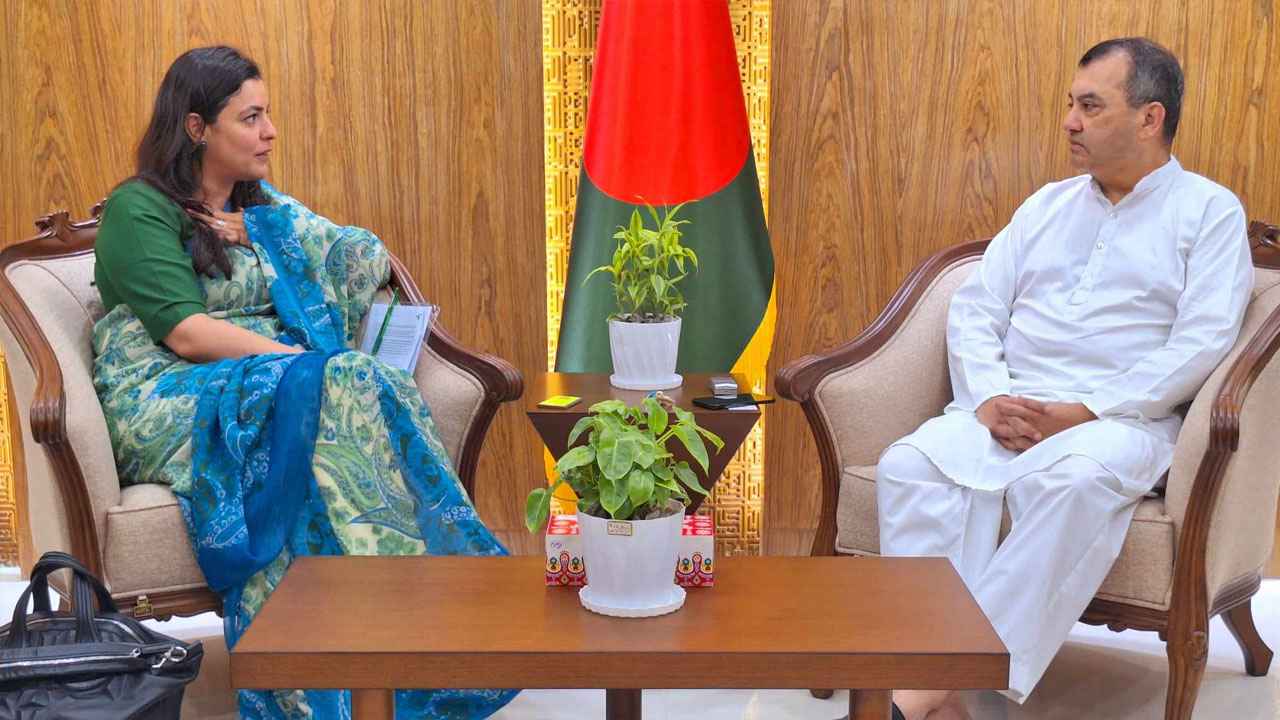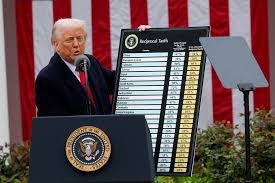
US President Donald Trump has put trade partners under great pressure by imposing tariffs. He is imposing tariffs once and then suspending them again. As a result, extreme uncertainty has been created in the global markets. The situation has reached a point where analysts believe that if this uncertainty does not end, something worse than a recession could happen.
Earlier this month, Trump imposed retaliatory tariffs on various countries. Later, the tariffs were suspended for 90 days, but China did not budge. The tariffs on the country were increased to 145 percent. However, on Friday, the White House announced that some technology products would be exempted from the tariffs imposed on China. The goal is to make these products more affordable for consumers.
Later on Sunday, Trump said again that new tariffs on imported semiconductors will be announced next week. However, there will be flexibility for some companies. From this announcement, it is assumed that the previous decision to exempt smartphones and computers imported from China will not last long. Because semiconductors are one of the components used to make these technology products.
"We want to reduce our dependence on other companies that make technology products. Because we want our chips, semiconductors, and other technology products to be made in the country," Trump told reporters on his way back to Washington from West Palm Beach, Florida, on Sunday, announcing an investigation into national security-based trade in the semiconductor sector.
Donald Trump did not say anything specific when asked whether products like smartphones would be exempt from tariffs at all. He only said, "No one should be too strict, so you have to be a little flexible." However, Trump's Commerce Secretary Howard Lutnick said on Sunday that the issue of tariff exemptions on Chinese technology products will be reviewed and a decision will be made.
Ray Dalio, chief investment officer of US investment management firm Bridgewater Associates, believes that Trump's vacillation on tariffs is alarming. He said on NBC's 'Meet the Press' program, "We are now at the very end of the decision-making process. I am even more afraid that if the right decision is not made on tariffs, something worse than a recession could happen."
'There is no customs policy, there is corruption'
Analysts have strongly criticized Trump's constant changes in decisions on tariffs and the resulting instability in the market. Democratic Senator Elizabeth Warren told ABC News, "Economists have repeatedly said that such tariffs can hinder growth and increase inflation. There is no tariff policy here; there is only chaos and corruption."
Sven Henrich, founder and chief market analyst at market research firm Northman Trader, strongly criticized Trump's tariff policy on Sunday, writing on social media X, "The day Lutnick (US Commerce Secretary) is fired will be the biggest jump in the market of the year. Let the administration decide what it wants to say first - decisions are changing every day. US businesses are unable to invest in this uncertainty."
However, US Trade Representative Jamieson Greer has blamed China for this uncertainty around the world. He said on CBS's 'Face the Nation' program that China is creating trade tensions by imposing retaliatory tariffs. The US goal is to reach a meaningful agreement within 90 days. The US administration will make meaningful agreements with several countries in the next few weeks.
Although China has not given up in the face of Trump's tariffs, various countries have already started racing to reach an agreement with the US administration. The Spanish delegation is scheduled to meet US Treasury Secretary Scott Besant today. In addition, some improvement was seen on Monday amid the instability in global stock markets due to the US tariffs. Yesterday, London's FTSE 100 index rose by 1.8 percent, Frankfurt's DAX index by 2.5 percent, Paris' CAC 40 index by 2.22 percent, and Europe's STOXX index by 2.8 percent.
C on a tour of Southeast Asia
China is also not sitting still after the US imposed tariffs. It has already increased tariffs on US products to 125 percent. In addition, Chinese President Xi Jinping is trying to strengthen cooperative relations with various countries to avoid the sword of tariffs on their own trade. He is currently on a tour of Southeast Asia. As part of this, he visited Vietnam yesterday.
Xi's visit has seen dozens of cooperation agreements signed between Beijing and Hanoi. In an article in Vietnam's Communist Party's newspaper Nhan Dan ahead of the visit, Xi wrote, "The two sides should strengthen cooperation in production and supply chains." Without mentioning the United States by name, he added, "No one will win in a trade and tariff war."
Trump has also imposed a 46 percent tariff on Vietnamese goods. Although it has been suspended for 90 days, the Trump administration has threatened to reimpose the tariffs if a favorable deal is not reached with the country. The Chinese president is scheduled to leave Vietnam for Malaysia on Tuesday. From there, he will travel to Cambodia, another country in the region.
